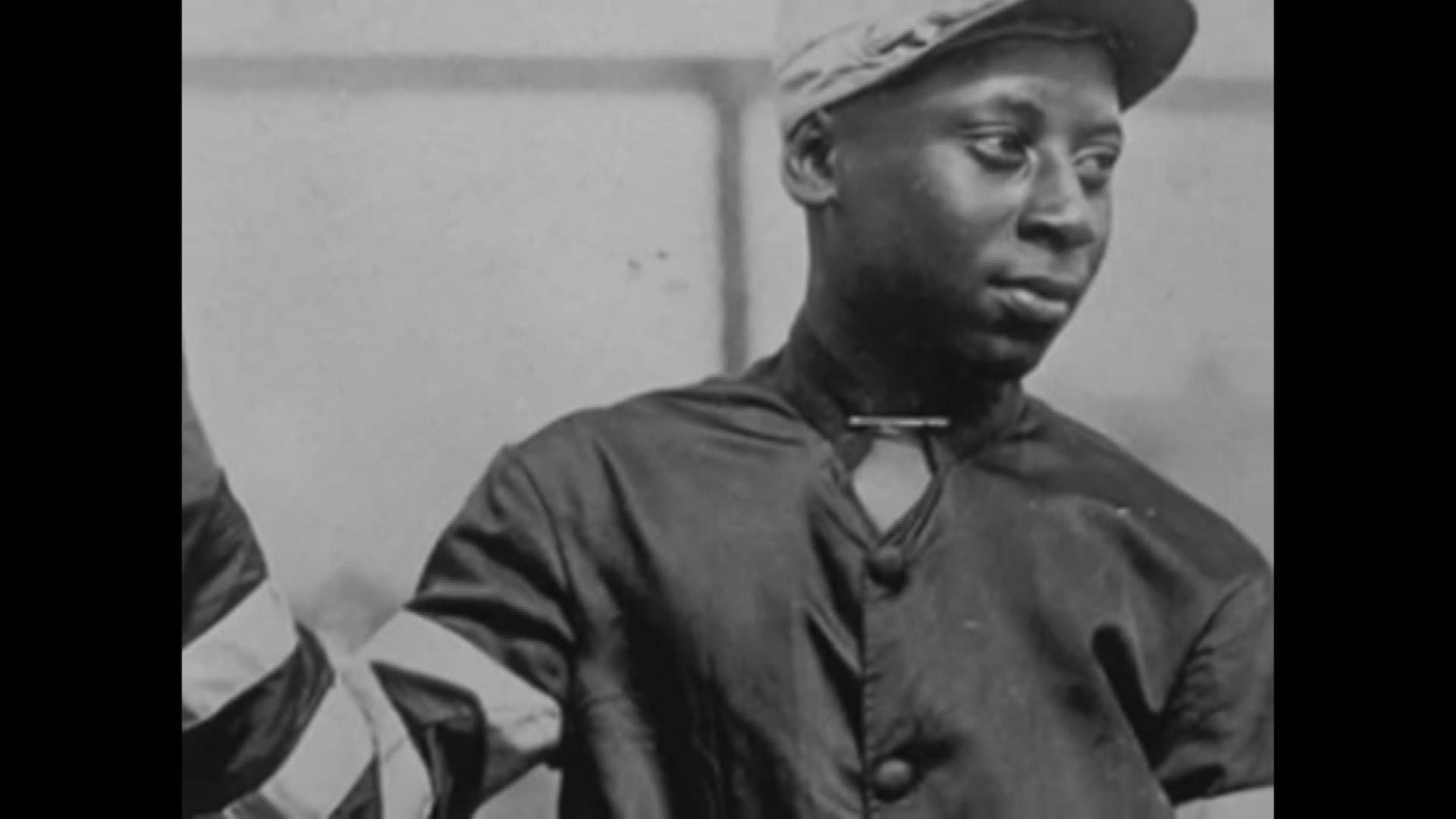LOUISVILLE, Ky. (WHAS11) -- Minorities play a vital role in the Kentucky Derby and its history. African Americans made up 13 of the 15 riders in the first Derby. Today, we're seeing more jockeys from Latin America competing in the run for the roses.
Oliver Lewis rode Aristides to win the first derby in 1875. He's one of 15 African American jockeys who won the Derby in its first 28 Runnings.
“That goes back to the colonial days of our country when enslaved African Americans being brought over to the United States and basically being the caretaker of the farm the caretakers of the horses,” Goodlett said.
Kentucky Derby Museum Curator Chris Goodlett says you have to go all the way back to the start of the 20th Century to find the last African American Derby Winner Jimmy Winkfield in 1902.
“He would ride in tracks in Illinois and white jockeys would kind of bump him up against the rail, riding tactics against him, that kind of stuff became more common in the early 20th century it then became harder for African Americans to get licenses,” Goodlett said.
After the civil war, Goodlett says fewer African Americans became jockeys and more moved to urban areas for jobs where there wasn't horse racing.
As the 1960's approached, Latin America began to have a greater influence on the Derby.
Ismael "Milo" Valenzuela from Mexico, a Derby winner in 1958 and 1968 along with 1963 winner Braulio Baeza, from Panama opened the doors for Latin American jockeys.
From Baeza's 1963 win to today,15 jockeys born in Latin America have won 20 Derbys.
“They've had training schools in some areas of South America, Central America for quite some time which I think makes a difference,” Goodlett said.
Eleven of the 20 jockeys in last year's Derby were born in Latin American countries.
In 1995 Yutaka Take became the first Jockey from Japan to ride in the Derby. He waited 21 years to get back to Churchill Downs finishing 9th a year ago.
A woman hasn't won the derby yet. The closest, Rosie Napravnik, finished 5th in the 2013 Derby.
Forty-three years earlier, Diane Crump became the first female to ride in the Derby.
“The road to racing for women in the late 60s early 70s was not an easy one. They had a lot of trouble getting licenses there were court cases to try to get licenses so women could be riders,” Goodlett said.
Goodlett tells me he thinks becoming a professional jockey comes down to access. He says you need to live where there are racehorses or be willing to move near a training facility. He adds that the United States didn't have real jockey training schools until about 10 years ago compared to Latin America countries who've had them for decades.

